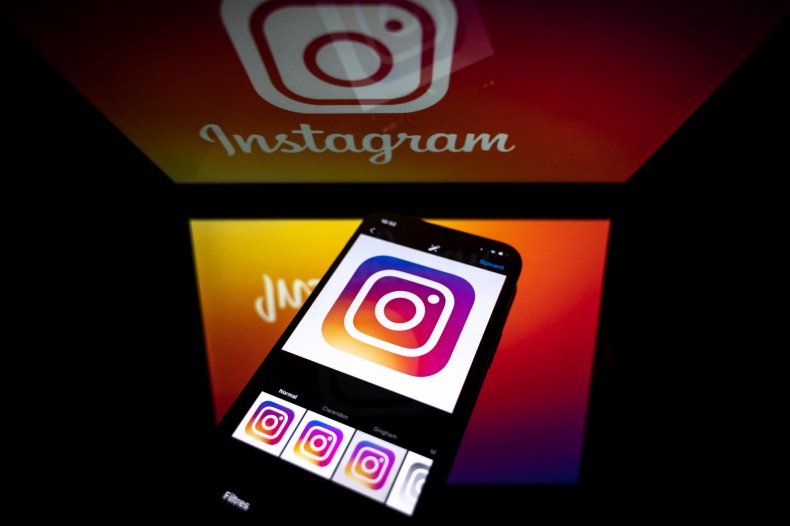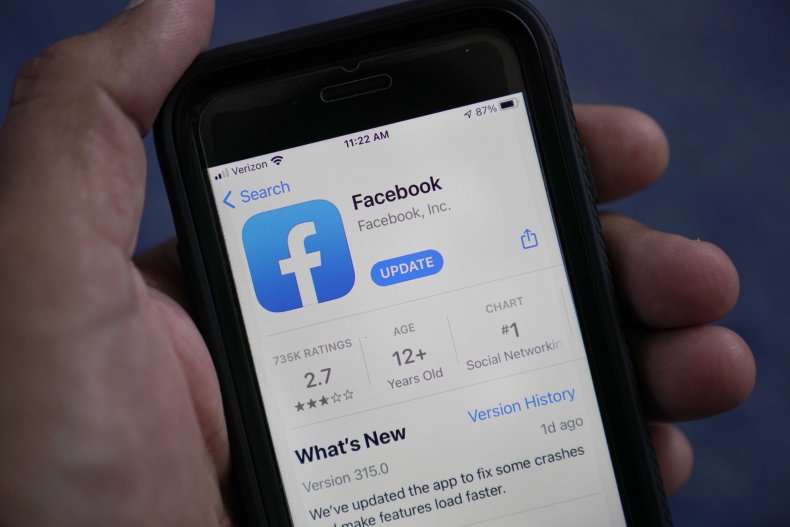Instagram Removes Hundreds of Accounts Connected to COVID Vaccine Misinformation Campaign
Hundreds of accounts were removed from Instagram to curtail a COVID-19 misinformation campaign on the platform connected to a Russian advertising agency, the Associated Press reported. Fazze, the agency, reportedly contracted social media influences to spread misinformation through the app about the Pfizer and AstraZeneca vaccines.
Facebook, which owns Instagram, announced Tuesday that it removed 65 accounts from its own platform and 243 Instagram profiles that were linked to the smear campaign, the Associated Press reported. It is unknown who or what hired Fazze to damage the reputation of the Pfizer and AstraZeneca vaccines.
The misinformation effort employed fake accounts that questioned the safety of the two shots, including one that alleged AstraZeneca's vaccine would turn those who received it into chimpanzees, the Associated Press reported. While the campaign was primarily targeted at audiences in India and Latin America, there was also some infiltration to a "much lesser extent" in the U.S., Facebook said.
For more reporting from the Associated Press, see below.

Russia has been actively marketing its COVID-19 vaccine, Sputnik V, abroad in what some analysts see as an effort to score geopolitical points. But Facebook representatives did not speculate on the possible motivation behind the smear campaign.
The Fazze network also contacted social media influencers in several countries with offers to pay them for reposting the misleading content. That ploy backfired when influencers in Germany and France exposed the network's offer.
Along with removing the network's accounts, Facebook also banned Fazze from its platforms. Messages seeking comment from the company were not immediately returned on Tuesday.
Fazze's effort did not get much traction online, with some posts failing to get even a single response. But, while the campaign may have fizzled, it's noteworthy because of its effort to enlist social media influencers, according to Nathaniel Gleicher, Facebook's head of security policy.
"Although it was sloppy and didn't have very good reach, it was an elaborate setup," Gleicher said on a conference call announcing Tuesday's actions.
As social media companies have improved their ability to spot and remove fake accounts, disinformation campaigns have had to adjust. Paying social media influencers to repost their content provides the potential of exposure to the influencer's audience, but there's the risk that social media influencers will refuse or, as happened in this case, call them out.
Facebook investigators say some influencers did post the material but later deleted it when stories about Fazze's work began to emerge.
French YouTuber Léo Grasset was among those contacted by Fazze. He told the Associated Press in May that he was asked to post a 45- to 60-second video on Instagram, TikTok or YouTube criticizing the mortality rate of the Pfizer vaccine.
When Grasset asked Fazze to identify their client, the firm declined. Grasset refused the offer and went public with his concerns.
The offer from Fazze urged influencers not to mention that they were being paid, and also suggested they criticize the media's reporting on vaccines.
"Too many red flags," Grasset told the AP. "I decided not to do it."


